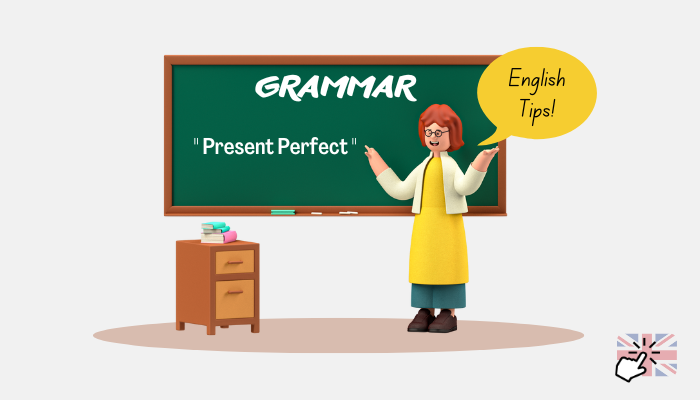Great site to keep my english skills updated for work and travel. I am really enjoying the lessons!
Maria C
 Argentina
Argentina


The present perfect is used to indicate a link between the present and the past. The time of the action is before now but not specified, and we are often more interested in the result than in the action itself.
The present perfect is used to describe
I have lived in Bristol since 1984 (= and I still do.)
She has been to the cinema twice this week (= and the week isn't over yet.)
We have visited Portugal several times.
I have just finished my work.
He has read 'War and Peace'. (= the result of his reading is important)
Note: When we want to give or ask details about when, where, who, we use the simple past.
More Examples:
Actions started in the past and continuing in the present
When the time period referred to has not finished
Actions repeated in an unspecified period between the past and now.
Actions completed in the very recent past (+just)
When the precise time of the action is not important or not known
Forming the present perfect
The present perfect of any verb is composed of two elements: the appropriate form of the auxiliary verb to have (present tense), plus the past participle of the main verb. The past participle of a regular verb is base+ed, e.g. played, arrived, looked.
| Affirmative | ||
| Subject | +to have | +past participle |
| She | has | visited. |
| Negative | ||
| Subject | +to have + not | +past participle |
| She | has not (hasn't) | visited. |
| Interrogative | ||
| to have | +subject | +past participle |
| Has | she | visited? |
| Negative interrogative | ||
| to have + not | +subject | +past participle |
| Hasn't | she | visited? |